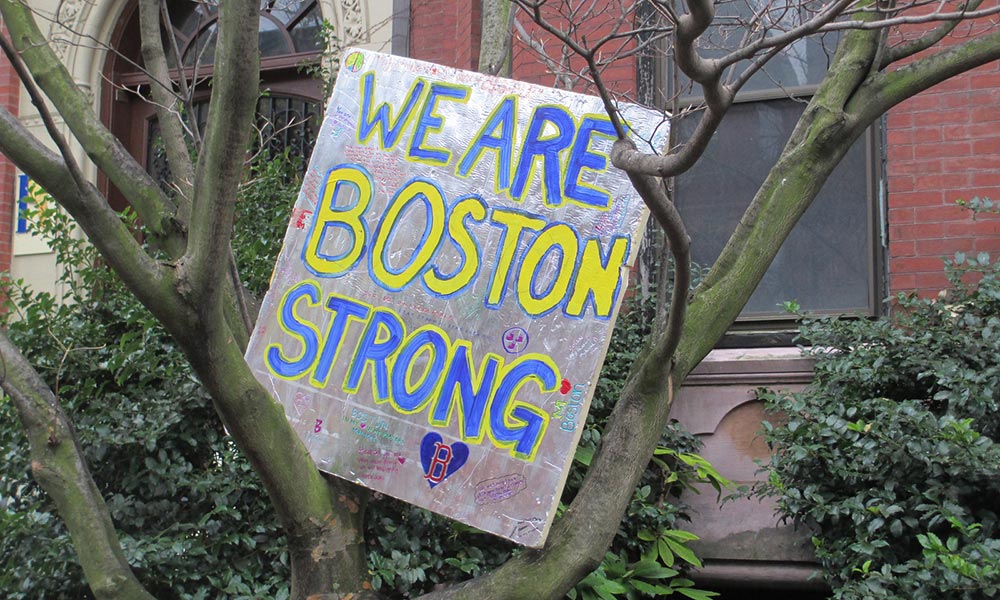
Boston Bombing: Carrying on a Meeting After a Tragedy
How and why the Ambulatory Surgery Center Association decided to continue its annual meeting in Boston two days after the marathon bombing.
Last Tuesday, a day after the bombing at the Boston Marathon, William Prentice, executive director of the Ambulatory Surgery Center Association, sat on a plane bound for ASCA’s annual meeting in the same city, making a list of criteria to determine whether the association should cancel the meeting.
“I started jotting down what would be the key things to consider when deciding what to do with our meeting, and it really boiled down to three things,” Prentice said.
We knew from the moment of those terrible events on Monday that [attendees] would be worried whether the meeting was going to take place, and if so whether it was a place they wanted to be.
He thought about these questions: Will staff and attendees be safe? Will the meeting in anyway impede the investigation? And logistically, could the association get the meeting up and ready to go?
“Two of the three were pretty easy to resolve on Tuesday,” Prentice said. “Once we arrived onsite and saw the amazing law enforcement presence in downtown Boston, it was quite obvious that the location would be safe.”
Prentice and his team determined that the logistics of pulling off the meeting weren’t going to be an issue, either, so that left the question of whether the association’s meeting at the John B. Hynes Veterans Memorial Convention Center, only a couple of blocks from the site of the explosions, would hinder investigators.
“The Hynes Center staff and the hotel staff were really clear that they wanted us there and felt that we would not be in the way,” Prentice said. “In fact, it would help them to kind of deal with the awful events of Monday.”
So by 6 p.m. Tuesday evening, ASCA emailed attendees to tell them the meeting would go forward. This was the latest in a string of emails the association had sent throughout the day to attendees to alert them of what was going on.
“We knew from the moment of those terrible events on Monday that [attendees] would be worried whether the meeting was going to take place, and if so whether it was a place they wanted to be,” Prentice said. “We were being as transparent as possible with our attendees and exhibitors to let them know what we were thinking, and what our decisions were based on—so not to just tell them what we decided but tell them how we decided so that they knew we had their best interest in mind,” Prentice said.
ASCA had near-record-breaking registration numbers going into the meeting before Monday’s bombing, and although he does not have firm numbers yet, Prentice estimated that less than 10 percent of attendees, including a few speakers, canceled.
The only major event that had to be canceled was a reception originally planned at a facility offsite on Friday evening—the same day Boston authorities issued a “shelter-in-place” order for the city as they searched for one of the bombing suspects.
ASCA was able to put together another reception that night at the convention center, which was attached to many of the hotels where attendees were staying, so people could get in and out despite the order.
Prentice said the only thing he would have done differently last week is getting the message out earlier—on Monday night—that he and his team were going to be in Boston the next day determining whether the meeting would take place.
“It’s something that I hope no one else has to go through, but if they do, my big advice would be, before taking any action, really give yourself an opportunity to step back, sit down with your senior team, and think through your different options,” Prentice said. “And once you make a decision, communicate and communicate quickly and communicate often.”
(Photo by Thebudman623/Flickr)






Comments